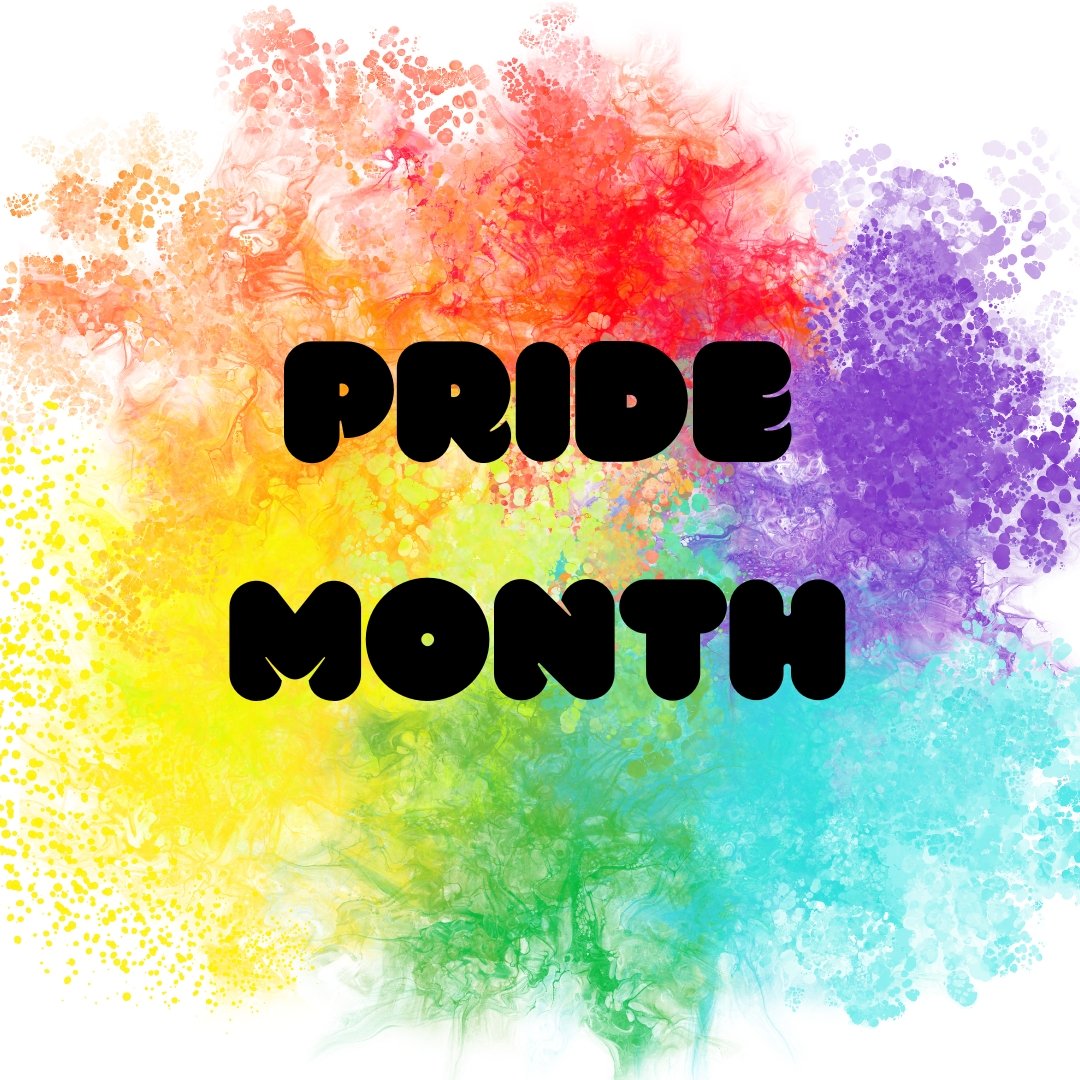Every June, the world explodes in a vibrant display of rainbows as Pride Month takes center stage. It’s a time to celebrate the 2SLGBTQIA+ community (Two-Spirit, Lesbian, Gay, Bisexual, Transgender, Queer, Intersex, Asexual) – their rich history, their diverse identities, and their ongoing fight for equality. But Pride Month is more than just parades and parties. It’s a crucial moment to raise awareness, dismantle harmful stereotypes, and advocate for a world free from discrimination, including addressing the specific mental health and addiction needs of this community.
A Spectrum of Identities:
The 2SLGBTQIA+community encompasses a beautiful tapestry of identities. Here’s a brief breakdown of some key terms:
- Lesbian: A woman who is attracted to other women.
- Gay: A man who is attracted to other men.
- Bisexual: An individual attracted to more than one gender.
- Transgender: An individual whose gender identity differs from the sex they were assigned at birth.
- Queer: An umbrella term for individuals who identify outside of the traditional gender binary (man/woman) or heterosexual orientation.
- Intersex: Individuals born with sex characteristics (chromosomes, genitals, or hormones) that don’t fit the typical definitions of male or female.
- Asexual: Individuals who experience little or no sexual attraction.
- Two-Spirit: An Indigenous North American term for individuals who embody both masculine and feminine spirits.
Unique Challenges, Unequal Outcomes:
The 2SLGBTQIA+ community faces a unique set of challenges that contribute to higher rates of mental health concerns and addiction compared to the general population. Here’s why:
- Discrimination and Stigma: Constant societal pressure to conform, experiences of prejudice, and lack of acceptance can lead to anxiety, depression, and feelings of isolation.
- Minority Stress: The chronic stress of navigating a world that may not be accepting contributes to mental health challenges.
- Limited Access to Affirming Care: Finding healthcare providers who are culturally competent and sensitive to 2SLGBTQIA+ issues can be difficult.
- Family Rejection: Rejection from family members due to sexual orientation or gender identity can be devastating and contribute to mental health problems.
- Violence and Victimization: 2SLGBTQIA+ individuals are more likely to experience violence and victimization, further impacting mental health.
- Potential Loss of Rights: As of 5/28/24, there are 515 bills in state legislation across the United States that threaten the rights and freedoms of the 2SLGBTQIA+ community.
Substance Use as a Coping Mechanism:
Unfortunately, some individuals in the 2SLGBTQIA+ community may turn to substance use as a way to cope with the stress, anxiety, and depression they experience. This can lead to a cycle of addiction that can be difficult to break without addressing the underlying mental health issues.
Addressing the Disparity:
Creating a more supportive environment and promoting mental health and addiction recovery within the LGBTQIA2SL+ community requires a multi-pronged approach:
- Increased Access to Affirming Care: Training healthcare providers on 2SLGBTQIA+ issues and creating inclusive healthcare spaces is crucial.
- Mental Health Awareness Campaigns: Openly discussing mental health within the 2SLGBTQIA+ community can normalize seeking help and reduce stigma.
- Support Groups: Providing safe spaces for 2SLGBTQIA+ individuals to connect with others who understand their struggles can be immensely helpful.
- Culturally Competent Treatment Programs: Addiction treatment programs that cater to the specific needs of the 2SLGBTQIA+ community can lead to better outcomes.
Celebrating Strength and Resilience:
Despite facing numerous challenges, the 2SLGBTQIA+ community possesses incredible strength and resilience. Here are some ways to celebrate that spirit during Pride Month and beyond:
- Highlight 2SLGBTQIA+ Mental Health Advocates: Recognize community leaders and organizations working to break down stigma and provide support.
- Promote 2SLGBTQIA+ Mental Health Resources: Share information about hotlines, support groups, and treatment centers specializing in LGBTQIA2SL+ mental health.
- Focus on Self-Care: Encourage self-care practices within the community, such as mindfulness, healthy relationships, and physical activity, all of which contribute to well-being.
Beyond Pride Month:
Pride Month is a powerful catalyst for change, but true inclusivity requires sustained effort throughout the year. Here’s how you can be an ally in supporting the mental health and addiction recovery needs of the 2SLGBTQIA+ community:
- Advocate for Inclusive Policies: Support policies that promote 2SLGBTQIA+ rights and access to healthcare.
- Challenge Discrimination: Speak out against discrimination in healthcare settings, workplaces, and social environments.
- Educate Yourself: Continue learning about the specific challenges faced by the 2SLGBTQIA+ community regarding mental health and addiction.
By celebrating diversity, dismantling stigma, and creating a more supportive environment, we can work towards a future where all members of the 2SLGBTQIA+ community can thrive – mentally, emotionally, and physically.



